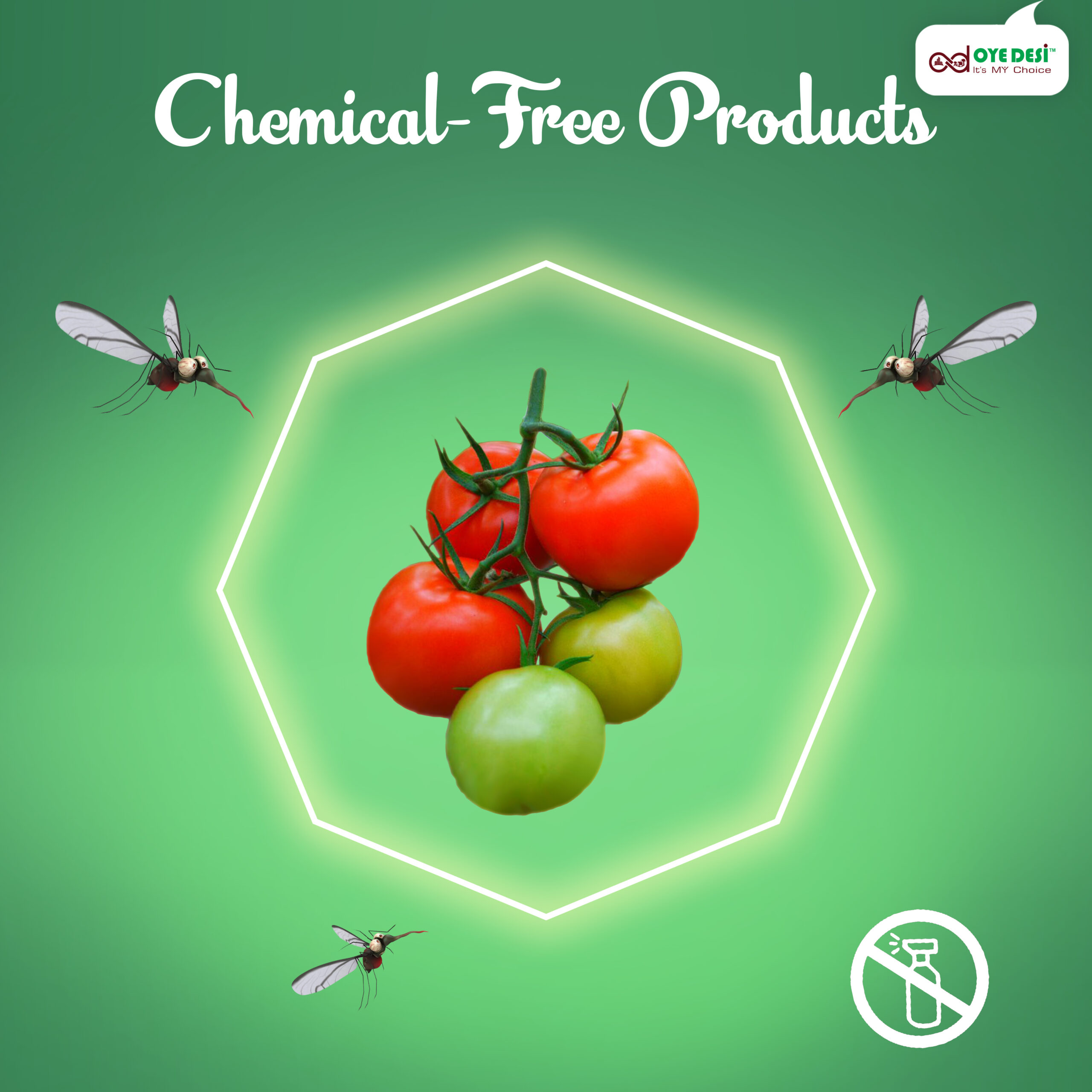
Pests in agriculture are any living organisms that harm crops and livestock. They’re like uninvited guests who show up at your party, eat all of your food, and then leave to attend the next party in the neighborhood. That’s not cool. As a result, it is critical to take precautions to keep pests away from farms, and to ensure that if they do appear, they leave.
Plant protection products (PPPs) are chemicals or biological agents that are used to protect plants from pest attacks. Biological plant protection products are also known as ‘organic pesticides’ or ‘bio-pesticides.‘ Organic farmers are not permitted to use PPPs containing synthetic chemicals and must instead concentrate on preventive measures.
Organic farming is an agricultural approach that promotes healthy products free of ingredients that can harm humans and the environment. They include, but are not limited to, industrial pesticides, insecticides, fertilizers, clones, GMOs, chemical medications, hormones, growth promoters, and other similar substances.
The basic concept of organic agriculture is to provide food with the highest nutrition, vitamin, protein, value while using only permitted substances. The principle also requires 100% natural forage for livestock and its subsequent processing without the use of synthetics.
Organic farming practices include field employee care and the goal of maintaining a harmonious balance in the environment to keep it as alive and productive as possible.
Benefits of Organic Agriculture
Many of the changes observed in the environment are long-term and occur gradually over time. Organic agriculture considers the impact of agricultural interventions on the agro-ecosystem in the medium and long term. Its goal is to produce food while maintaining an ecological balance in order to avoid soil fertility or pest problems. Organic agriculture takes a preventative approach rather than reacting to problems as they arise.
The impact of organic agriculture on natural resources promotes agro -ecosystem interactions that are critical for both agricultural production and nature conservation. Soil formation and conditioning, soil stabilization, waste recycling; carbon sequestration, nutrient cycling, predation, pollination, and habitats are some of the ecological services derived. By choosing organic products, the consumer promotes a less polluting agricultural system through his or her purchasing power. Agriculture’s hidden environmental costs in terms of natural resource depletion are reduced.
Oyedesi is a farmer’s brand with the mission of educating farmers about organic farming and empowering rural women. The investment in organic farming or natural farming is low, but the yield is high. Farmers can expect a higher price for their produce if they grow organic vegetables. People are interested in purchasing farm fresh vegetables for health reasons because they are considered chemical-free vegetables.
Customers can find daily fresh organic fruits, vegetables, groceries in Oyedesi online shopping app. Customers can also find comparatively less price for their daily needs with discount price. Bangalore residents are already experiencing the high quality of farm fresh vegetables and fruits delivered to their homes by Oyedesi delivery executives. This service may be available throughout India in the coming years.


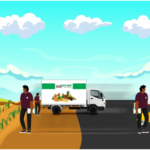
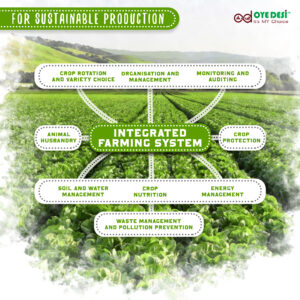
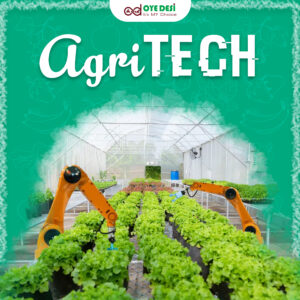
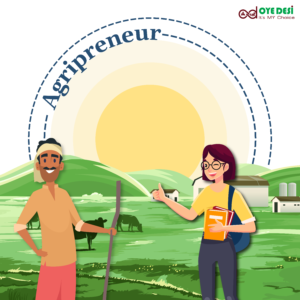
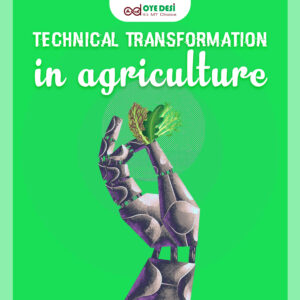
No comment yet, add your voice below!